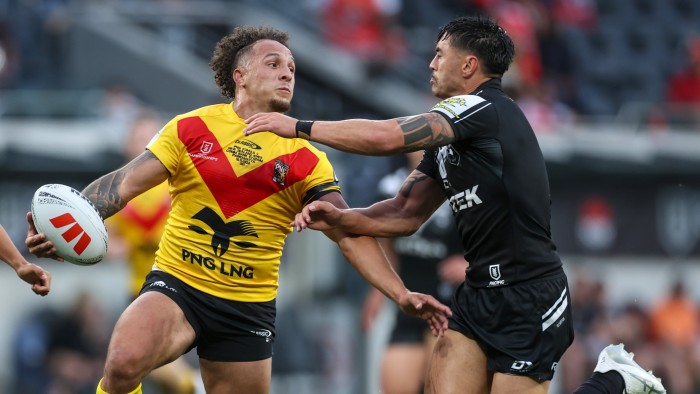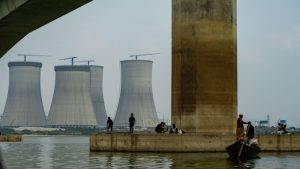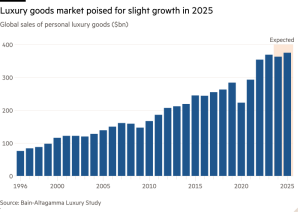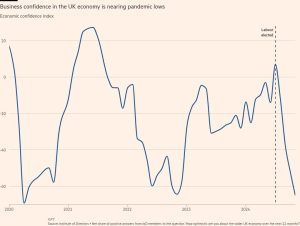Australia strikes ‘rugby diplomacy’ deal to counter China

Stay informed with free updates
Simply sign up to the Geopolitics myFT Digest — delivered directly to your inbox.
Australia has struck a “rugby diplomacy” deal with Papua New Guinea to try to curb China’s mounting influence, agreeing to bankroll the Pacific country’s ambitions in the sport while cementing a bilateral security pact.
Australia said on Thursday that it would invest A$600mn ($385mn) over 10 years to set up a rugby league team in Papua New Guinea, where the sport is hugely popular, to compete in the Australian league by 2028.
Anthony Albanese, Australia’s prime minister, and counterpart James Marape of Papua New Guinea announced the agreement on Thursday and also said a bilateral security pact signed by the two countries last year had come into force.
The security deal makes clear that Australia is the main provider of security services, such as police and soldier secondments and training, for Papua New Guinea, its closest neighbour, which had also held talks with China over the past year over security arrangements.
The Papua New Guinea deal, which security analysts said had echoes of US-China “ping pong diplomacy” during the cold war, comes as Australia has looked for ways to counter China’s growing strategic and diplomatic influence in the Indo-Pacific.
Australia has built in a clause that would mean funding for the rugby league team and its place in the national competition could be pulled if Papua New Guinea strikes a security agreement with China that undermines the “strategic trust” between the two countries, according to a person with direct knowledge of the agreement.
The Australian government did not immediately respond to a request for comment.
Marape said the rugby deal would not stop Papua New Guinea from having relationships with other countries in Asia and described China as a “great trading partner”.
Mihai Sora, a former diplomat and director of the Lowy Institute’s Pacific Islands Program, said the deal was likely to give Australia leverage to potentially “box out” China from future security deals in Papua New Guinea. “This is a marriage of soft power and hard power,” he said.
Sora added that a threat to pull funds if Papua New Guinea struck a deal with China was “realistic” given the financial commitment being made by the Australian taxpayer.
Australia also struck a A$140mn economic and security deal with Nauru this week that included an agreement to consult over any “third-party” engagement in the Pacific country’s security, telecoms or banking infrastructure. It signed a similar deal with Tuvalu this year.
Albanese’s government identified the “soft power” appeal of rugby league — a game whose power base is in the north of England and northern Australian states but is popular in the Pacific — when he travelled to Fiji in 2022 and floated the idea of hosting Australian games across the region.
Marape said rugby league was his country’s undisputed national sport and that having a team in the National Rugby League would have significant cultural and economic benefits, including encouraging students to benefit from sporting development programmes.
#Australia #strikes #rugby #diplomacy #deal #counter #China





